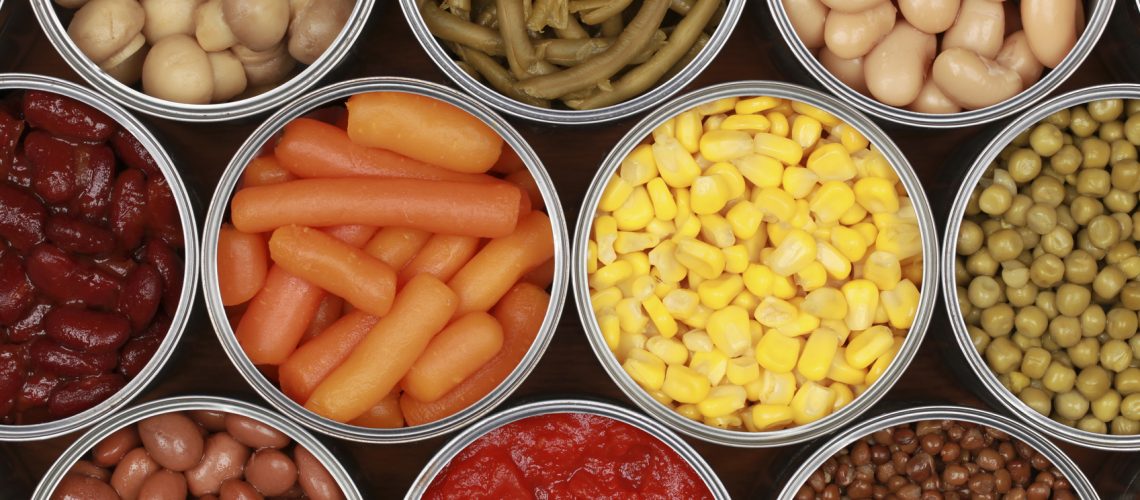Fibre has always been known as that tasteless gunk, that keeps us regular. We drink it because our doctor says we should, but what if it could do so much more?
So lets break it down. There are two types of fibre, soluble and insoluble. Soluble is responsible for bulking up your stool, slowing the digestion of food, and can help you feel fuller for longer. Insoluble fibre is responsible for keeping things moving through the digestive system and assists in its overall health.
The recommended daily intake of fibre for men and women ages 19-50 is 38g and 25g, respectively. For men and women over the age of 51, that number decreases to 30g and 21g, respectively. To put this into perspective, 3/4 cup of cooked black beans has 5.4g of soluble fibre, whereas milk products contain very little amounts of fibre, if any at all. Fruits and vegetables contain some fibre, but unless you’re eating passionfruit everyday (6.5g per 1/2 cup), then it’s likely you are not getting enough in your diet.
New research has found that eating the right amount of fibre can help prevent disability and disease in old age, and lead to healthy aging defined as the absence of disability, depressive symptoms, cognitive impairment, respiratory symptoms, and chronic diseases including cancer, coronary artery disease, and stroke. A number of factors were considered including person’s total carbohydrate intake, total fibre intake, glycemic index, glycemic load, and sugar intake.



